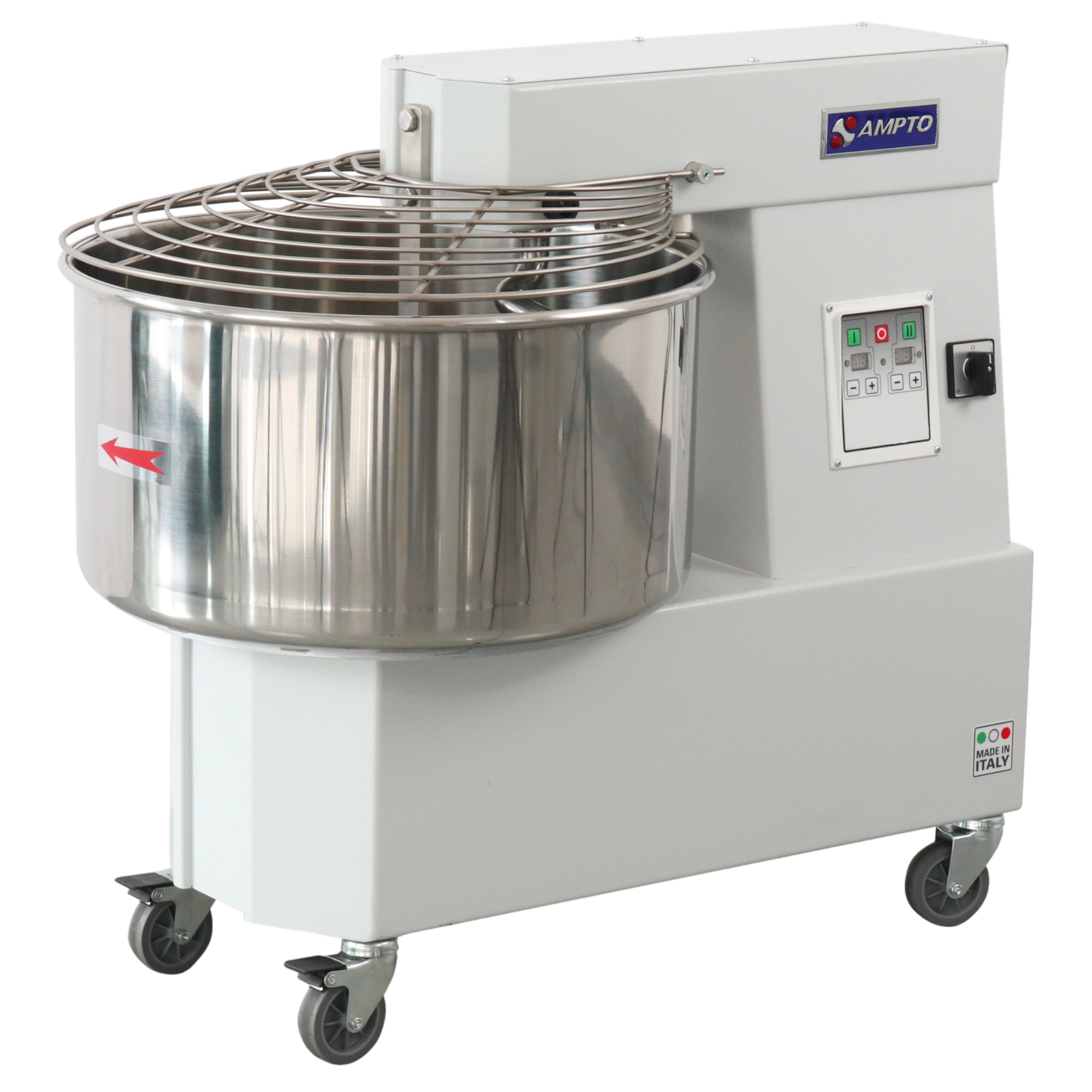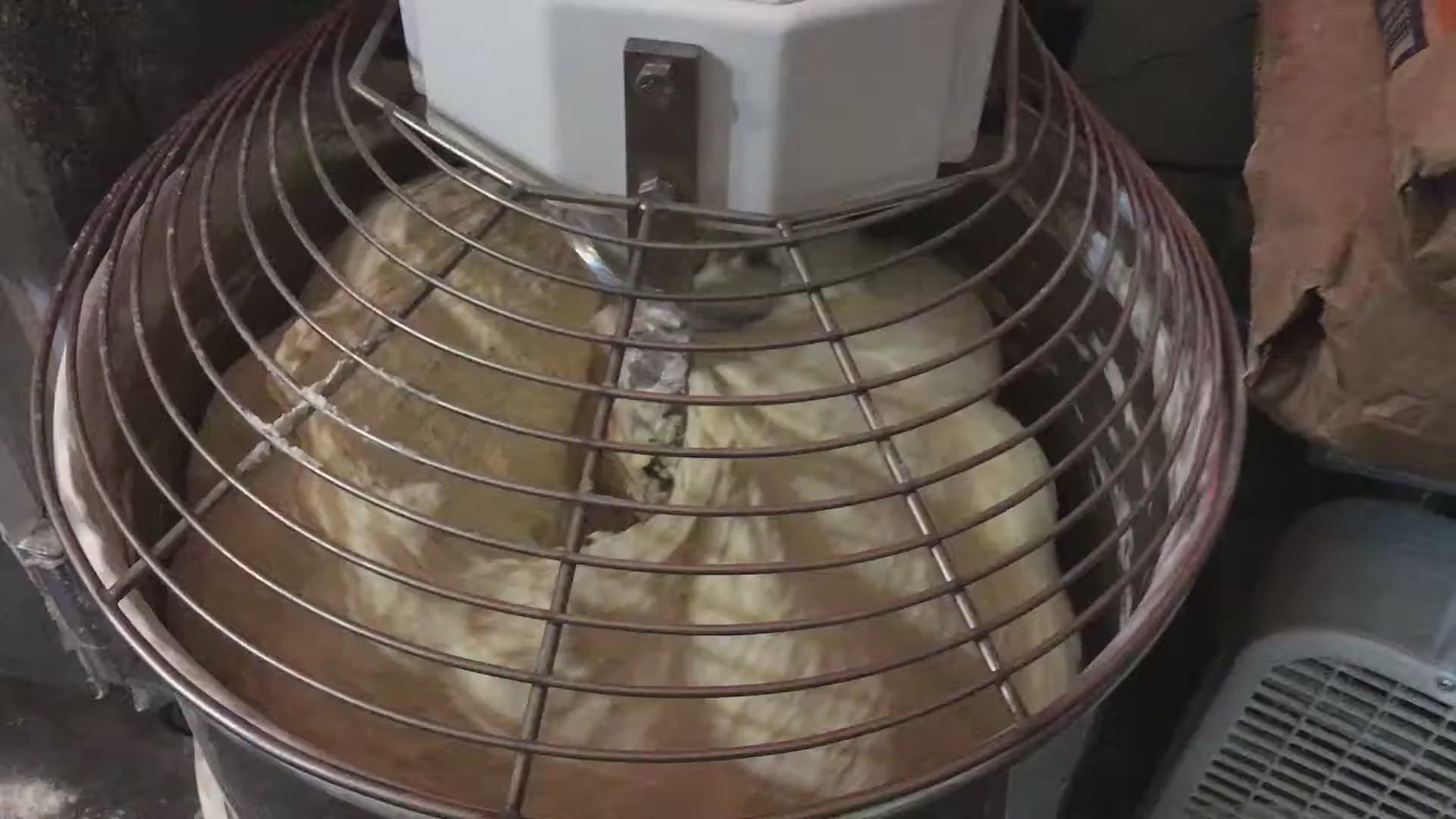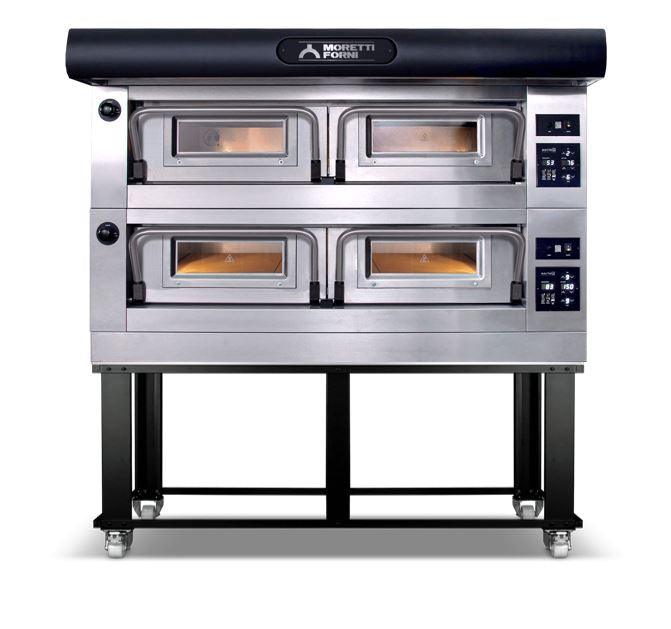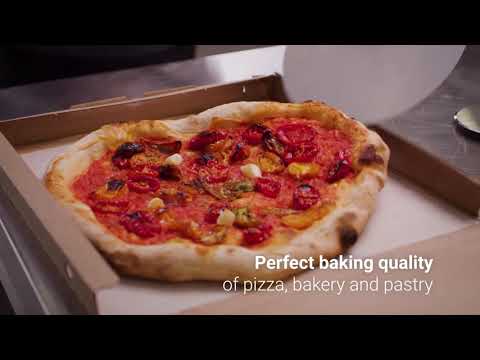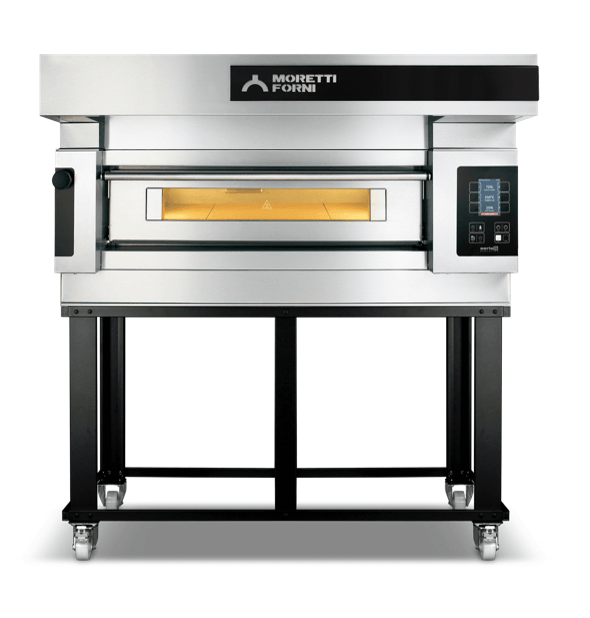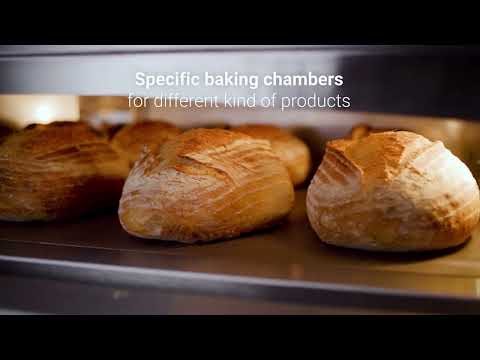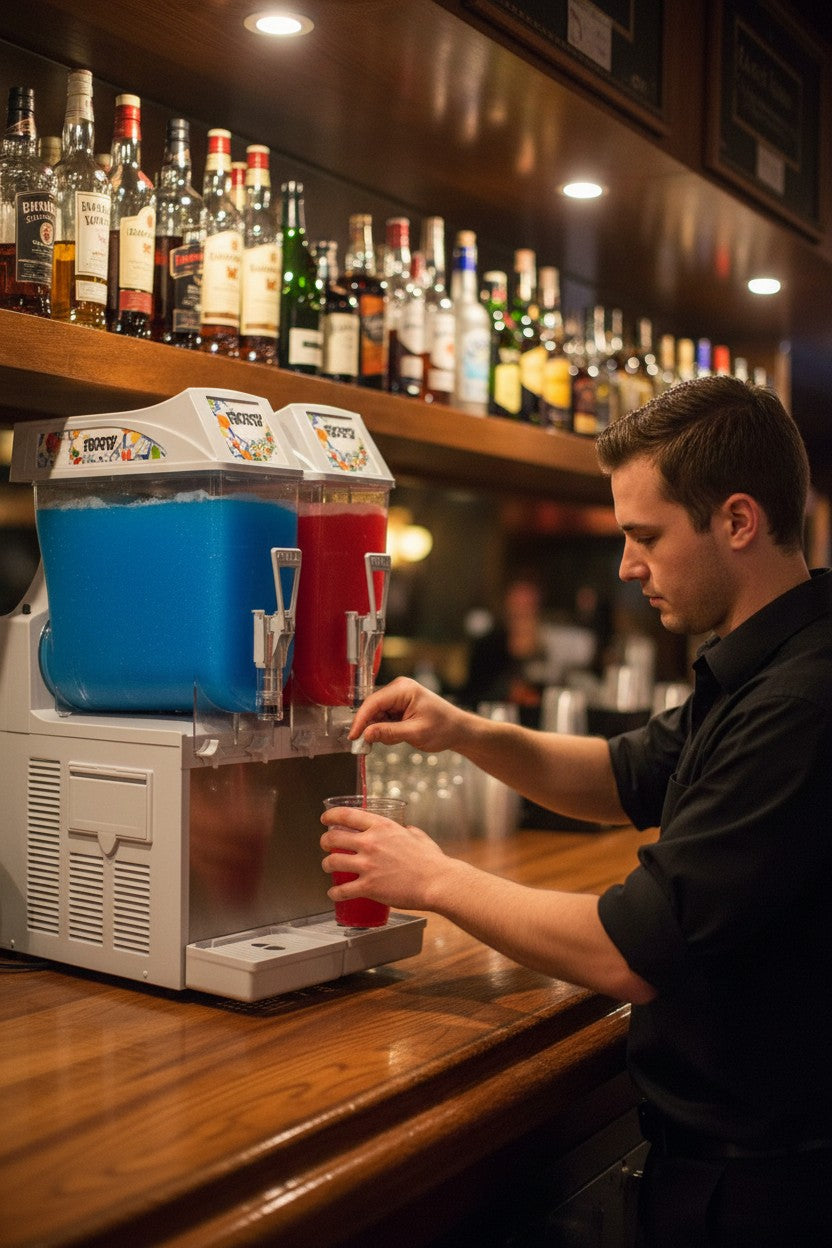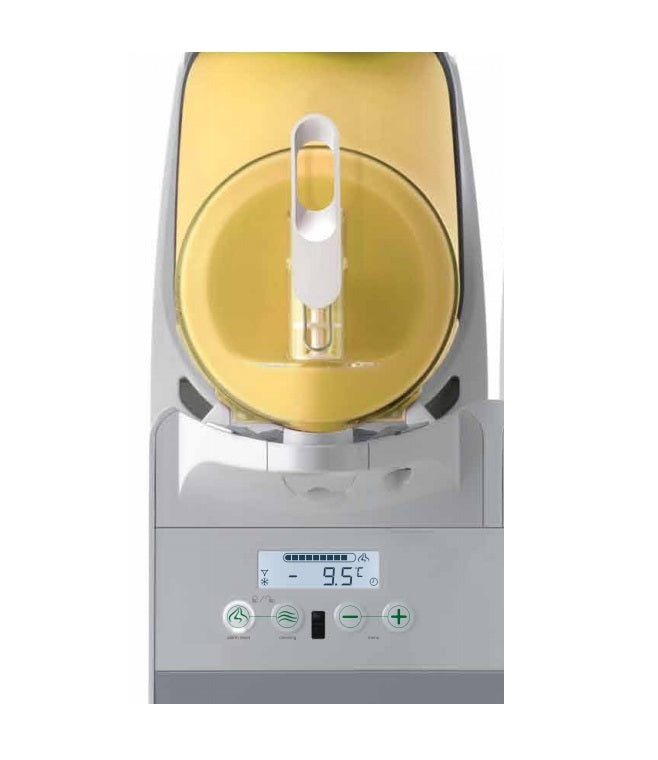Electric Cooking: The Future of Foodservice Equipment
Are you ready to embrace the future of cooking? If you are still using gas stoves and ovens, you might be missing out on the benefits of electric cooking. Electric cooking is not only more efficient, safer, and cleaner than gas, but also more versatile and adaptable to the changing needs of the foodservice industry. In this article, we will explore why electric cooking is the way to go and how it can help you create amazing dishes for your customers.
Is this a reason why we in AMPTO are looking into the future and we are offering now, the amazing Overfired Broiler electric UNIQUE in the market as the dat we are writing this blog for all our customers.
Also the Best Electric Neapolitan pizza oven a Neapolis

Electric Cooking vs Gas Cooking: What's the Difference?
Gas cooking relies on burning natural gas or propane to create a flame that heats up the cookware and the food. Electric cooking uses electricity to heat up coils or induction elements that transfer heat to the cookware and the food. Both methods have their pros and cons, but electric cooking has some clear advantages over gas cooking.

- Efficiency: Electric cooking is more energy-efficient than gas cooking, as it converts more of the electricity into heat and loses less heat to the surrounding air. This means that electric cooking can save you money on your energy bills and reduce your carbon footprint. Electric cooking also allows you to control the temperature more precisely and evenly, resulting in better cooking results and less food waste.
- Safety: Electric cooking is safer than gas cooking, as it eliminates the risk of gas leaks, explosions, and fires. Electric cooktops and ovens also have no open flames or hot surfaces that can cause burns or ignite flammable materials. Electric cooking also reduces the emission of harmful gases such as carbon monoxide, nitrogen dioxide, and formaldehyde, which can affect the air quality and health of your staff and customers.
- Cleanliness: Electric cooking is cleaner than gas cooking, as it produces less grease, smoke, and odors that can stain and damage your kitchen equipment and walls. Electric cooking also makes it easier to clean your cooktops and ovens, as you don't have to deal with stubborn stains or residues from gas burners. Electric cooking also helps you maintain a hygienic and sanitary kitchen environment, which is essential for food safety and customer satisfaction.
- Versatility: Electric cooking is more versatile than gas cooking, as it offers a wider range of options and features that can suit different types of cuisines and dishes. Electric cooktops can have induction, ceramic, or coil elements that can accommodate different sizes and shapes of cookware. Electric ovens can have convection, steam, or combination modes that can create different textures and flavors for your food. Electric cooking also allows you to use smart technology and automation to monitor and adjust your cooking settings remotely or automatically.
The Future of Foodservice Equipment: Why You Should Switch to Electric Cooking

As the foodservice industry evolves and adapts to the changing demands and preferences of customers, electric cooking is becoming more popular and desirable than ever. Electric cooking can help you meet the expectations of your customers who are looking for high-quality, healthy, and sustainable food options. Electric cooking can also help you cope with the challenges of labor shortages, rising costs, and environmental regulations that are affecting the foodservice industry.
By switching to electric cooking, you can enjoy the following benefits:
- Improve your menu offerings: With electric cooking, you can create a variety of dishes that can cater to different tastes and dietary needs. You can use electric ovens to bake, roast, broil, steam, or grill your food with ease and precision. You can use electric cooktops to boil, fry, simmer, or sauté your food with speed and consistency. You can also use electric appliances such as microwaves, rice cookers, slow cookers, pressure cookers, air fryers, or sous vide machines to prepare your food in different ways.
- Enhance your customer experience: With electric cooking, you can provide a better dining experience for your customers who are looking for convenience, comfort, and quality. You can use electric ovens to keep your food warm and fresh until it is ready to be served. You can use electric cooktops to cook your food in front of your customers or at their tables for a more interactive and personalized service. You can also use electric appliances to offer self-service options such as buffet stations or vending machines for your customers who are in a hurry or want more choices.
- Optimize your kitchen operations: With electric cooking, you can improve your kitchen efficiency and productivity by reducing your energy consumption, maintenance costs, and cleaning time. You can use electric ovens to cook multiple dishes at once or program them to start or stop at specific times. You can use electric cooktops to adjust the temperature quickly or turn them off instantly when not in use. You can also use electric appliances to automate some of your kitchen tasks such as chopping, mixing, or dispensing.
Electric Cooking: The Future is Now
If you are still using gas stoves and ovens in your kitchen, you might be missing out on the opportunities and benefits that electric cooking can offer. Electric cooking is not only more efficient, safer, and cleaner than gas cooking, but also more versatile and adaptable to the changing needs of the foodservice industry. Electric cooking is the future of foodservice equipment, and the future is now. Don't wait any longer and switch to electric cooking today!



